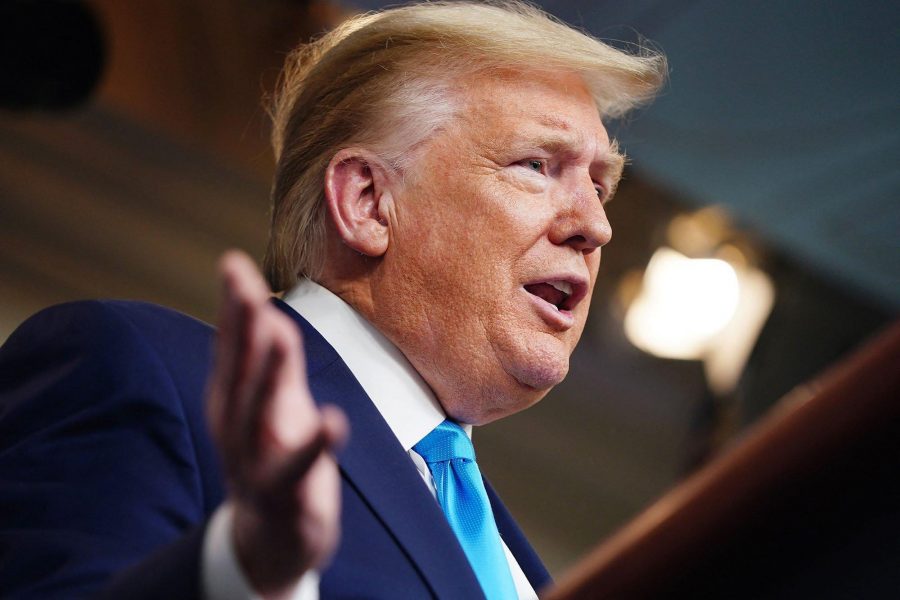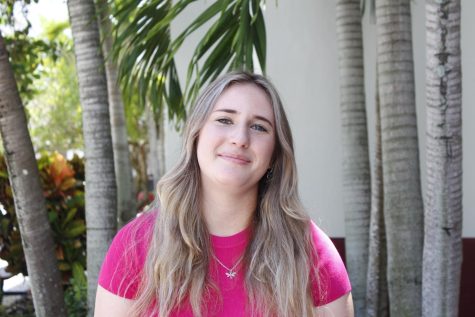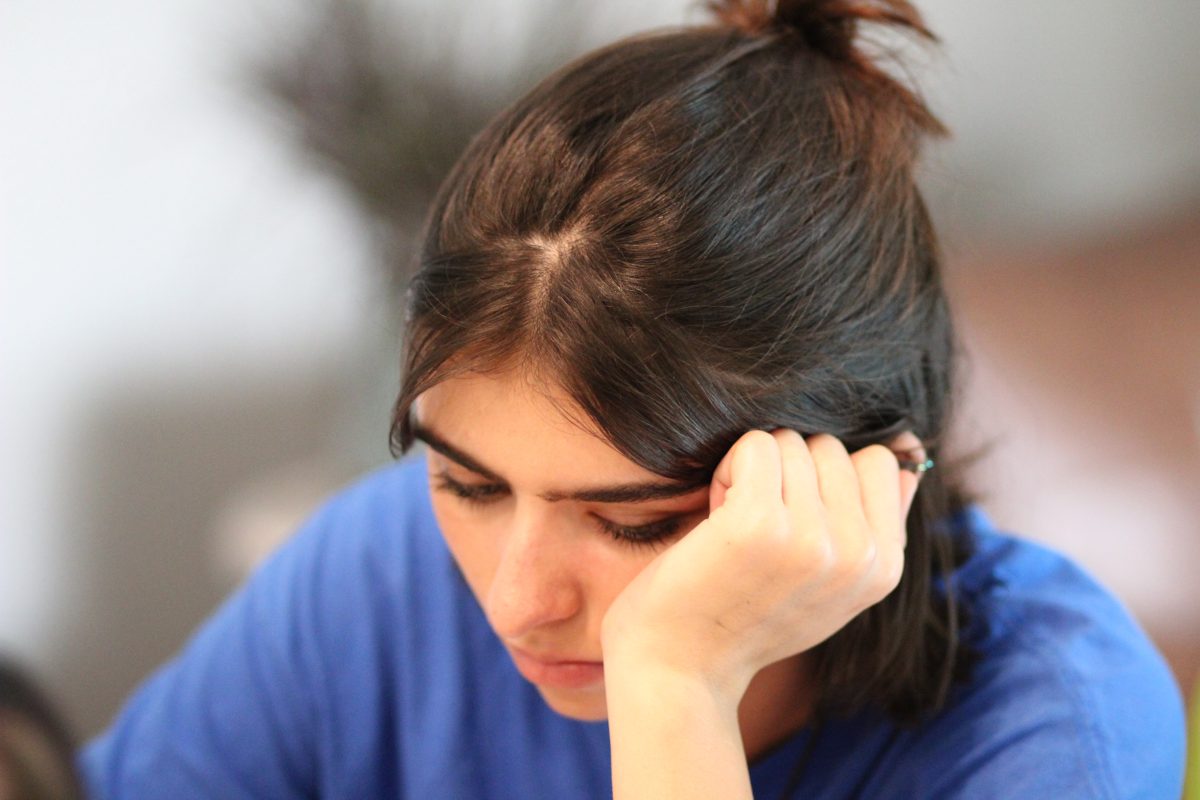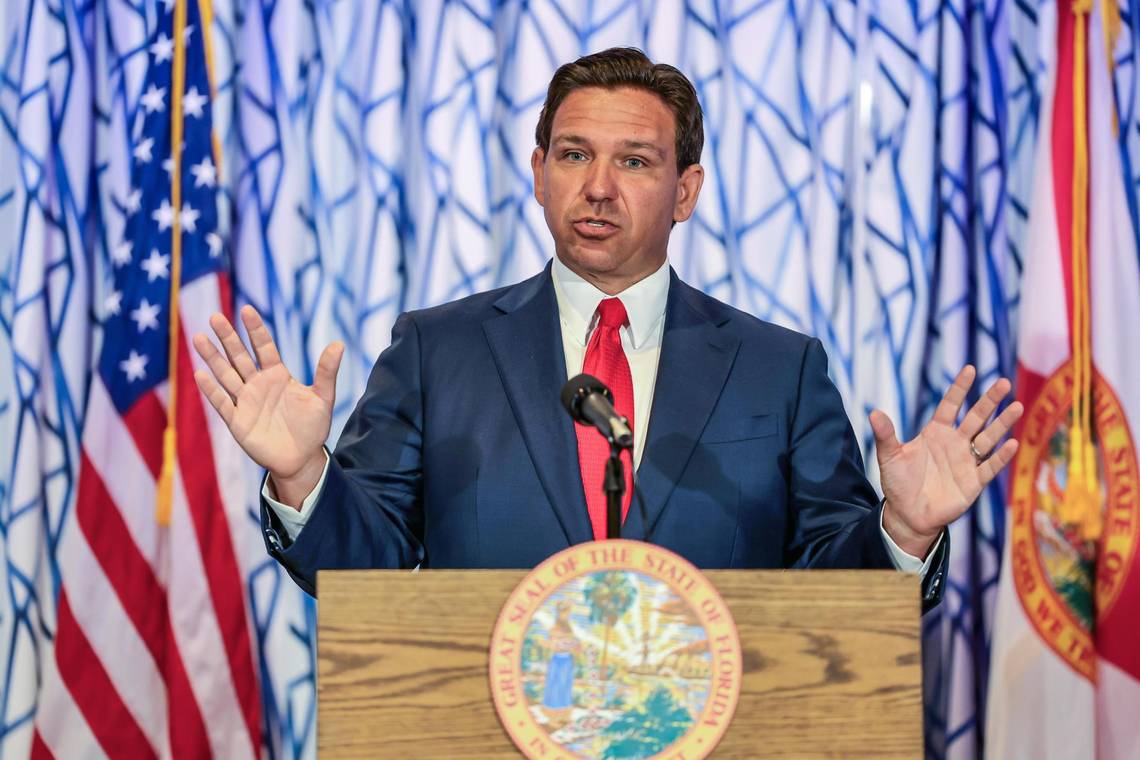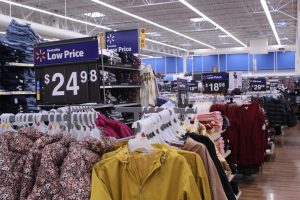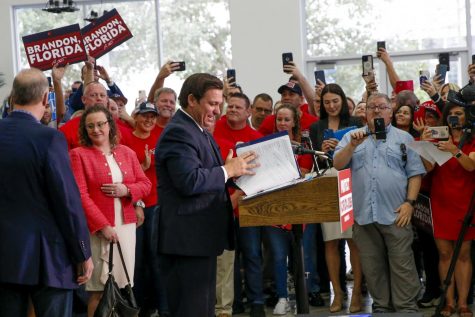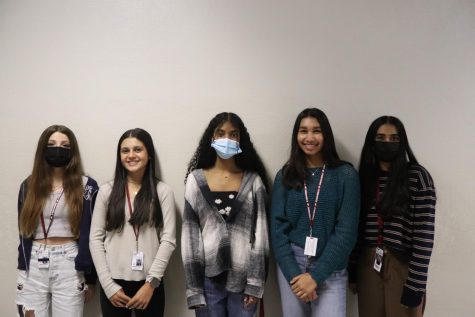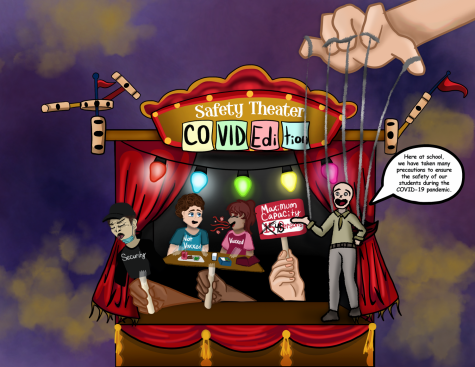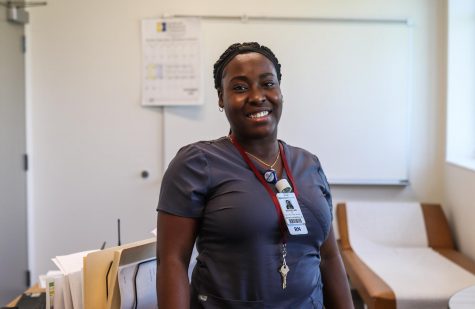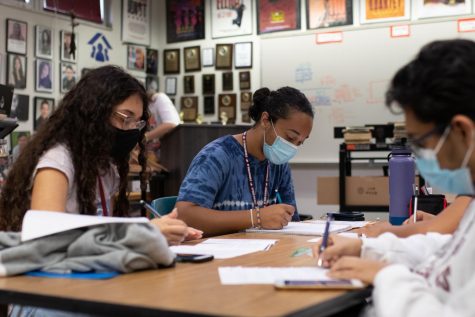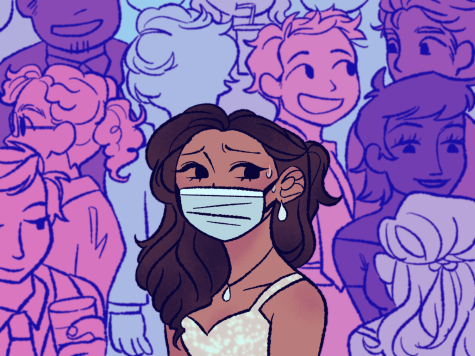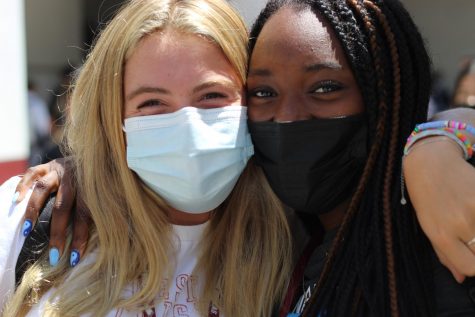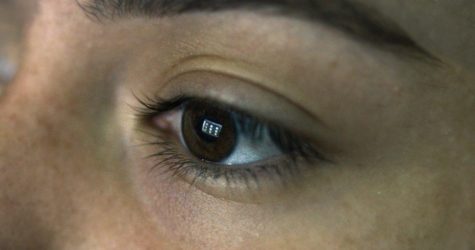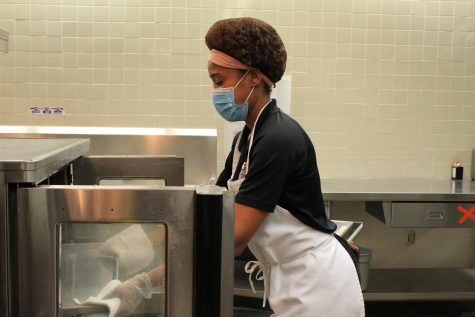[Opinion] It’s too soon for the economy to open in coronavirus pandemic
TNS
President Donald Trump has floated the possibility of reopening parts of the economy by May 1. Public health experts have warned that may not be realistic. [ABACA PRESS/ TNS]
April 25, 2020
Amidst the current coronavirus pandemic, the world has come to a screeching halt. With the closure of all non-essential businesses and over 1.5 billion people being told to stay home, the economies of many countries, including the United States, have felt the virus’ adverse effects.
Since early March, when news of the virus began circulating in the United States, restrictions have been put in place in an attempt to control the virus’ spread amongst the over three hundred and eighty million inhabitants of the U.S. Now gatherings of over ten people can result in legal charges, schools all across the U.S have been cancelled for the remainder of the year, masks are required to be worn in public and study abroad trips have been repealed.
The Department of Homeland Security announced one major restriction, the closure of all non-essential business. While these closures happened at different times within each state, most non-essential businesses were closed by March 30th. Supermarkets, pharmacies, banks, gas stations, healthcare operations and various other businesses were named as essential infrastructure while establishments like beauty salons, bars, restaurants and nightclubs were deemed non-essential.
As a result of these closures, many companies have suffered greatly in the past month because their potential customers are unable to go out and spend money. One in four (24%) small businesses have shut down temporarily in response to COVID-19. In the coming weeks, more temporary shutdowns are to be expected and 40% report it is likely they will do so within the next two weeks. Over one-fifth of the global population is being told to stay at home, equating to around 1.5 billion people who are unable to actively participate in the economy. Small businesses are arguably worse off because they have less of a safety net to fall back on and may be forced to lay off staff.
Despite these negative outcomes, it is still too soon to open the economy because there’s too much information about the virus that we do not know. It is very dangerous to reopen the economy now because of the already heavy burden on our healthcare infrastructure and the blatant lack of a vaccine, cure or treatment. We simply do not have the necessary support and resources to treat more patients. Many healthcare workers are already fighting this invisible killer with makeshift gear made from trash bags and plastic; anything that will keep them a little bit safer when they are caring for contagious patients in close contact.
Hospitals do not have enough masks, gloves and ventilators to keep every patient stable. 852,703 people have been confirmed to be infected with the virus in the United States, causing the death toll to surpass 48,000. What’s even scarier about the number of confirmed cases is that those are only those cases that we know of. Due to a lack of COVID-19 tests, people who think that they may have the virus can have a hard time getting tested and getting their results quickly enough. This means that we do not truly know how many people have the virus.
While people continue to argue that if someone feels sick, they will stay home, they completely overlook the fact that people may be asymptomatic and pass the virus on unknowingly.
Yes, the economy will need to reopen eventually, but there is still too much that is unclear about this virus. States that are rushing to reopen are making a deadly error. Georgia Gov. Brian Kemp’s plan to reopen part of that state’s economy by putting beauty salons and other establishments that require close personal contact back in business is not an effective way to fight coronavirus. While Georgia’s move to reopen its economy is the most aggressive in the US, many other states are also looking for ways to put people back to work, even while the coronavirus still remains a public health threat.
The mayor of Las Vegas, Carolyn Goodman, wants to reopen her city without considering how businesses will work to keep civilians safe. Las Vegas is a very touristic city that attracts over forty million visitors yearly to watch shows, gamble at casinos and stay at interesting hotels. With this ongoing pandemic, even if the city opens, no one will be traveling there to participate in tourism right now. It is much easier said than done to open up all the casinos, restaurants and nightlife in Las Vegas while ensuring that people will stay safe.
Beaches in some parts of Florida have started to open for limited hours, some businesses and parks are being opened in Texas, and in Connecticut, marinas and golf courses are now open to the public.
A coronavirus model routinely cited by the White House warns that no state should be opening before May 1, and that Georgia shouldn’t reopen until June 19 — almost eight weeks from now.
South Carolina and Georgia, which are leading the pack to get their economic engines humming, should not open until June 5 and June 19, respectively, according to the model maintained by the Institute for Health Metrics and Evaluation at the University of Washington. It was updated Tuesday, April 21.
An expected second wave of the virus will cause more harm to the economy. The number of cases will continue to rise if we open up our country too soon.
I want the economy to open more than anything. I want to go out, I want to go to the nail salon, the gym, go to the movie theater and eat at my favorite restaurants. But it’s clear that what we need at this time is to focus on saving as many lives as we can and to work towards treatments and vaccines. Before we risk causing the unnecessary deaths of thousands of more people and burden our already fragile health system, we have to consider human lives over money.

